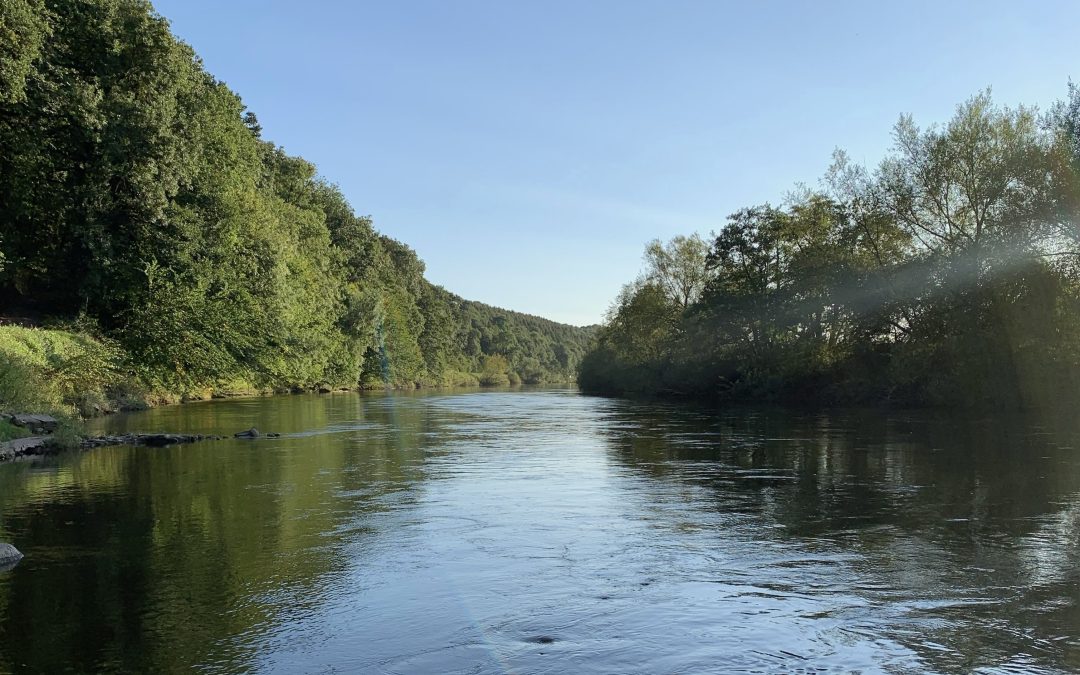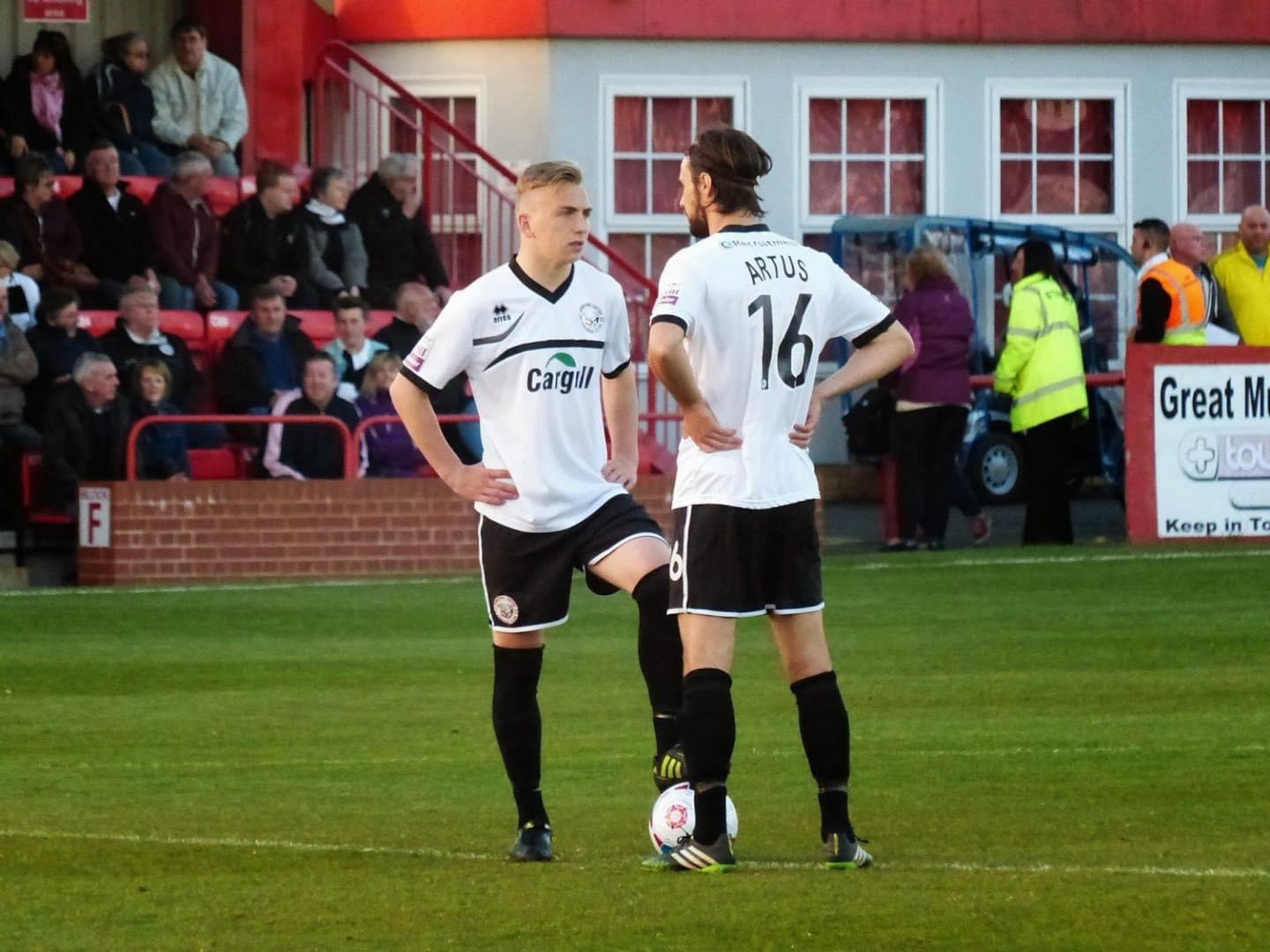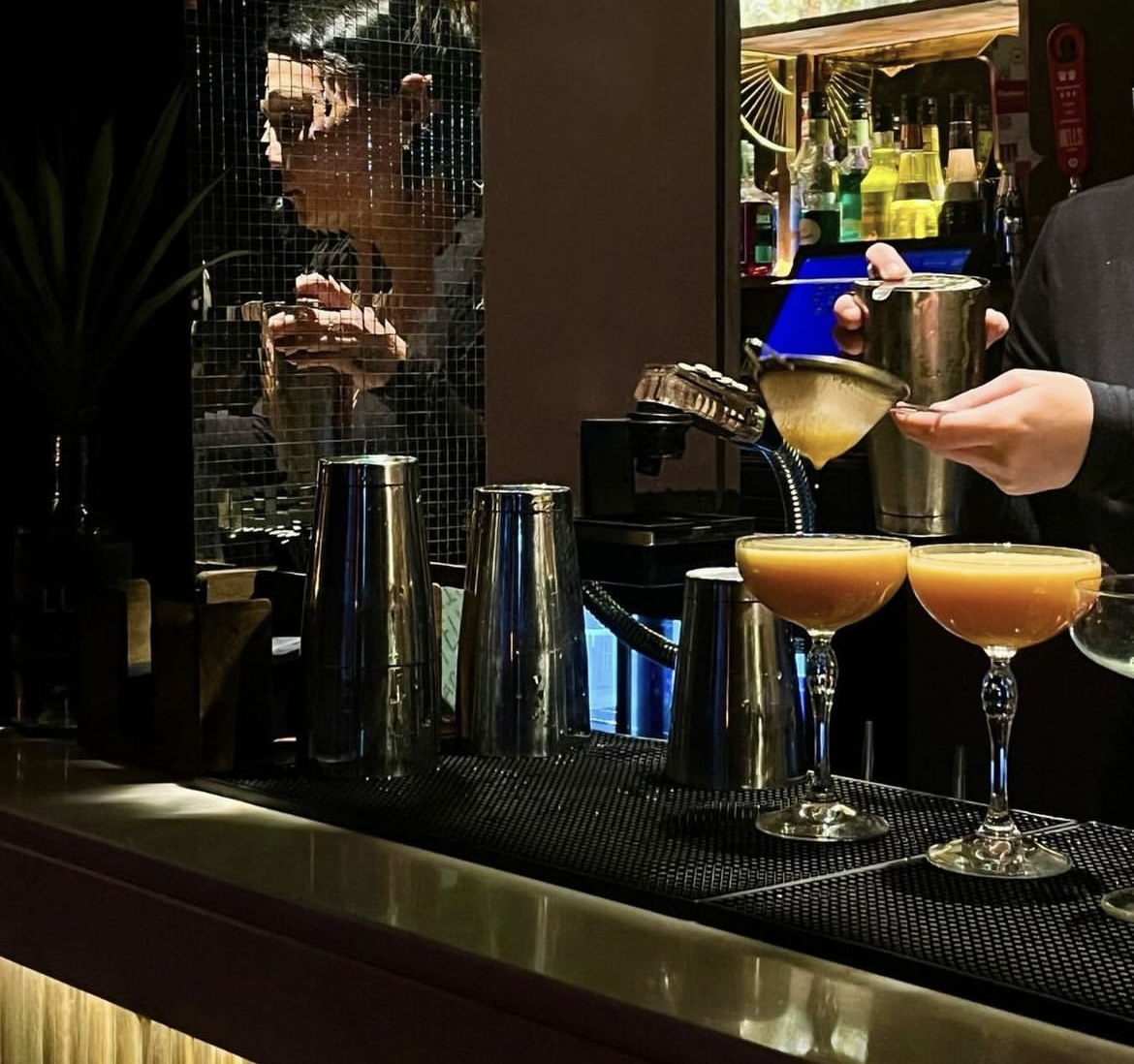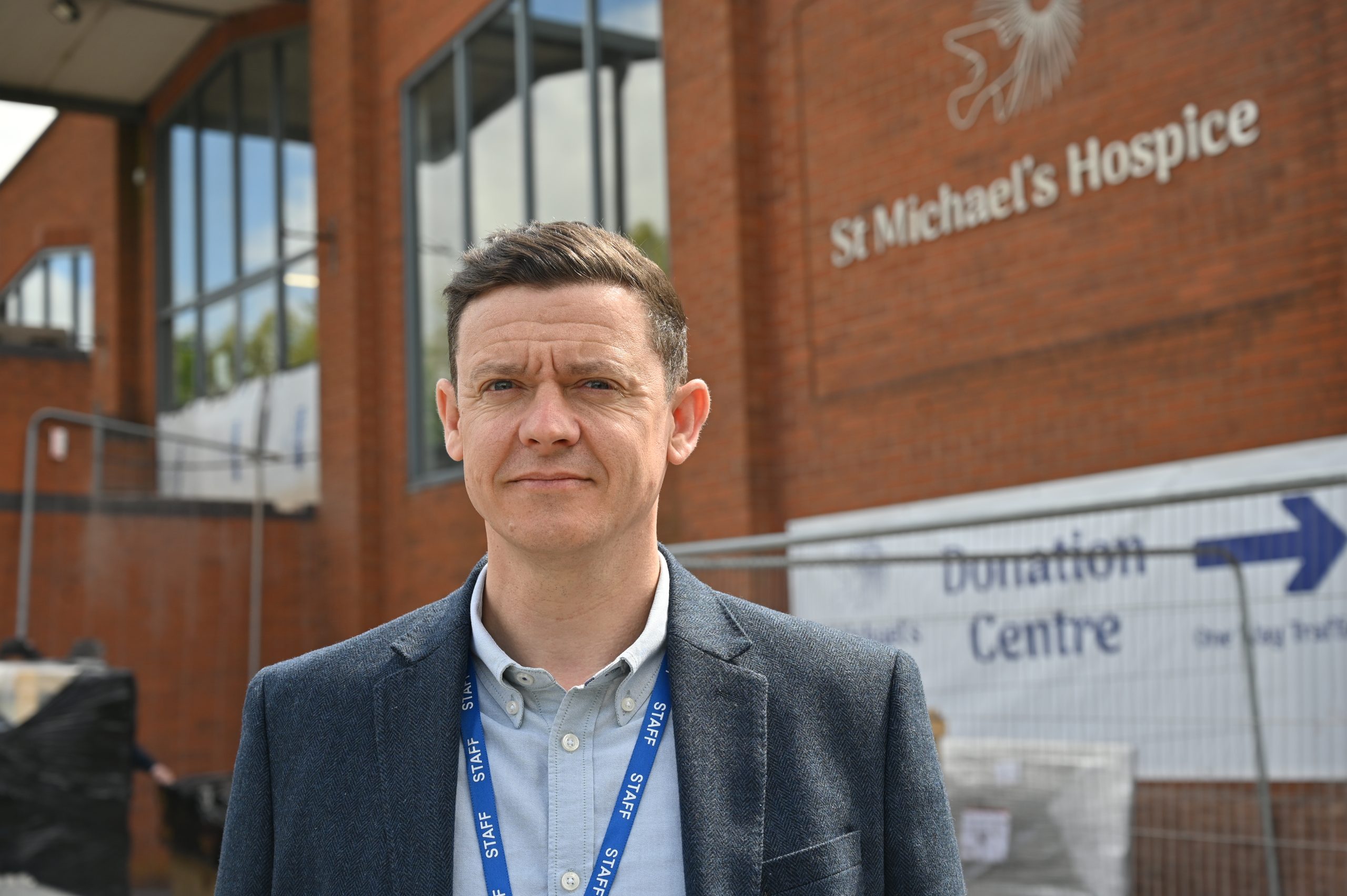The project currently involves 36 land managers covering 4500 hectares along the river corridor, spanning the county of Herefordshire from north to south.
The project’s aim is to restore the Wye catchment to a healthy condition, so its rivers and their tributaries can support the unique wildlife that depends on them, provide clean and plentiful water, be resilient to climate change, mitigate flood risk, provide places for people to enjoy – all while supporting sustainable food production.
The project is led by Herefordshire Rural Hub in partnership with Wye Valley National Landscape, Herefordshire Wildlife Trust, Herefordshire Meadows and the Wye and Usk Foundation.
This collaborative approach is an outcome of the Farm Herefordshire partnership within which these organisations work collaboratively to support farm businesses to improve the health of the Wye through sustainable farming systems.
What is Landscape Recovery?
Landscape Recovery is the name given to the most ambitious element DEFRA’s Environmental Land Management Scheme (ELMs). Unlike the other elements of ELMs, Landscape Recovery brings together groups of land managers to deliver landscape scale enhancement.
This acceptance launches Wyescapes in to a 2 year Development Stage, beginning in early 2024 to:
– Agree with each participating land manager the changes they would like to deliver,
– Undertake baseline surveys for nutrients, carbon and biodiversity for the land included in the scheme,
– Identify and secure private finance commitments to match the DEFRA funding, and
– Develop legal agreements to secure delivery and funding over the following 20 year period.
Once those steps are completed a 20 year implementation phase would then begin.
Why Wyescapes?
The River Wye and its catchment together create an iconic landscape, hugely important for nature due to its wide range of rare river wildlife, loved by people and important for farming. In 2010 the River Wye was voted the nation’s favourite river, described as “magical and timeless” but since 2020, TV programmes, celebrities and communities have been decrying the polluted and degraded state of the river. Earlier this year, both the River Wye and River Lugg had their status downgraded by Natural England to ‘unfavourable – declining’ due to declines in declines in Atlantic salmon, white-clawed crayfish and aquatic plants.
The Wyescapes project is happening on a huge scale, initially focusing on a core area of 7,694 hectares of the rivers floodplain, but with scope to widen to an even larger area. Farmers and land managers will be supported by the partners to take actions to restore the rivers’ health such as reducing nutrient use, reverting some fields from arable cropping to grassland, creating new wetlands, floodplain meadows and woodlands.
Kate Speke-Adams, Managing-Director, Herefordshire Rural Hub says:
“We are delighted to have this opportunity to develop a Landscape Recovery scheme for the Wye. Wyescapes was supported by 36 farmers initially and we will be looking to expand its reach further throughout the catchment over the coming months. The Landscape Recovery scheme provides us with a mechanism to support our farmers in adapting their land management, deliver the multiple ecosystem services that floodplains offer while still supporting sustainable food production. It’s a triumph for Herefordshire and it’s a triumph for the Wye, none of which would have been possible without the support of the participating landowners and the Farm Herefordshire partners who co-wrote the bid.”
Ben Andrews, participating farmer on the River Arrow says:
“Our Wyescapes project aims to improve the water quality of the River Wye & Lugg, produce good top quality food while boosting and protecting nature. It’s a triple whammy and we’re excited to get started.”
Mark Wood, participating farmer on the River Wye says:
“It is amazing news that the bid for Wyescapes has been successful. This will enable farmers, growers and land owners to take the measures needed to sort out the issues they are responsible for that are affecting the River Wye and improve the whole environment for the long term.
“The whole team who put the bid together, led by Kate at the Rural hub, have shown how collaboration and putting aside individual agendas can bring in cross catchment solutions to the issues. The hard work really begins now to make sure the whole scheme is designed right to enable real change.”




